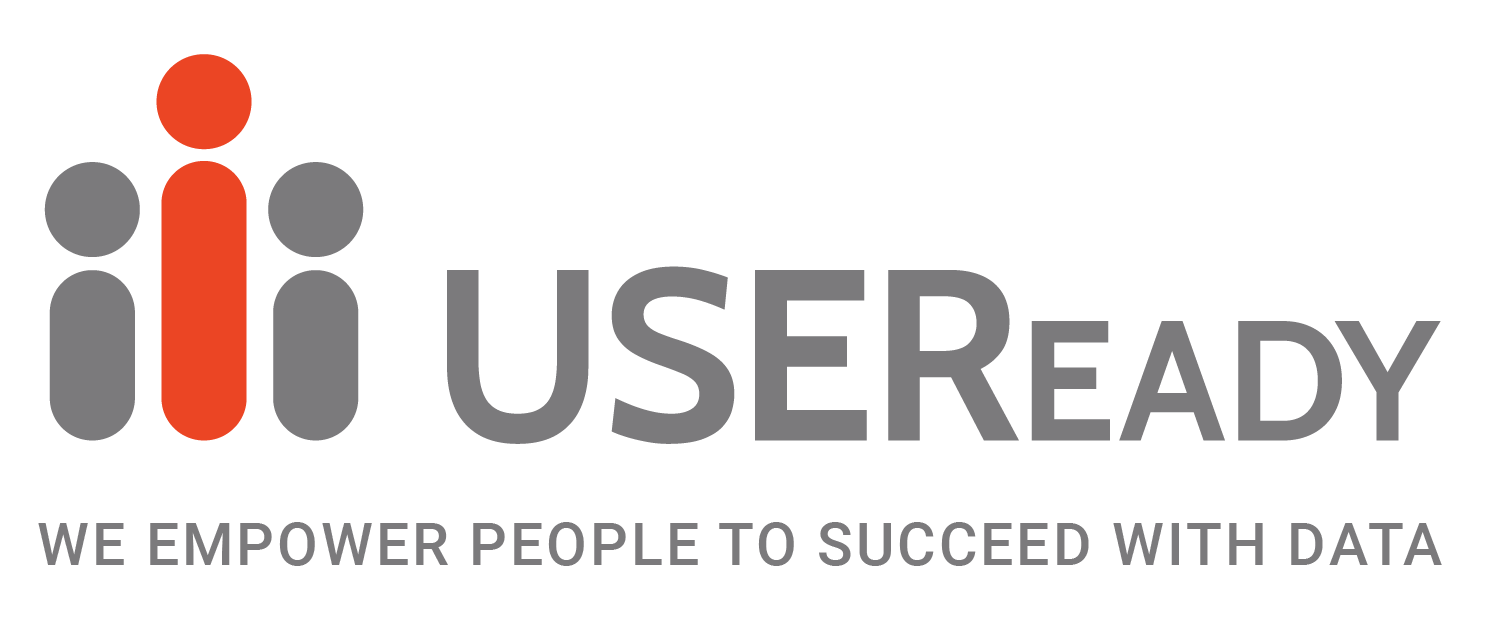Responsible LLM Application Development
Building LLM Applications
Building Ethical and Trustworthy LLM Applications
When venturing into the realm of deploying Large Language Models (LLMs) within an operational environment, leaders are faced with unique challenges due to the sheer scope of potential inputs and the vast array of outputs these systems can generate.
The unstructured nature of textual data adds complexity to the ML observability space, and addressing this challenge is crucial as the lack of visibility into the model’s behavior can lead to significant consequences.
For enterprises looking to harness the power of generative AI and LLMs to address complex business challenges, it’s essential to prioritize the creation of private, trustworthy, and responsible LLM applications. These guidelines serve as a cornerstone for responsible implementation, fostering trust in the technology and its outcomes.
Ensuring Privacy in LLM Development
Building Trust in AI Applications
Responsible AI: Ethics and Best Practices
Private LLMs
LLM’s have been trained on data from the internet and are very good generalists since they have seen data that comes from multiple domains, authors, perspectives, and timeframes. In most enterprise use cases, this capability is useful but not sufficient. What is needed instead is a version of the LLM that is adapted to the enterprises’ data and use cases.
LLMs can be adapted to enterprise data and use cases through either fine-tuning or in-context learning. Learn what they are, and which option works for your use case here.
This data needs to be carefully curated to ensure it is of the highest quality and passes all data security and privacy standards at your enterprise. Many enterprises are in industries that have strict regulations about data handling and processing like GDPR, CCPA, HIPPA. For such enterprises, private LLMs provide a means to adhere to these standards.
Private LLMs can be created using proprietary LLMs from OpenAI and Anthropic or open-source LLMs from Meta and Google. A private LLM can be hosted in the cloud or on-prem.
Trustworthy LLMs
It is critical from an adoption perspective that the end users of LLM applications find them safe and reliable. Care should be taken to check each response generated by the LLM application for accuracy and relevancy of the response.
Hallucination is a chronic problem with LLMs, and steps need to be taken to ensure that the responses from LLM applications do not suffer from this issue and are relevant and accurate to the input prompt. Attribution to the source of the information in the response and self-check frameworks which check for consistency of responses given a prompt are some of the ways to check for and address hallucination issues.
LLMs also struggle with tasks that require a deep understanding of context. It is observed that when LLMs are given time and allowed to reason and logically process information, they have a better chance of understanding complex use cases and generating accurate and coherent responses. Employing techniques like Chain-of-Thought (COT) has been shown to improve the multi-step reasoning abilities of LLMs to ensure accurate responses and such techniques need to be used depending on the use case to ensure reliable responses from the LLM application.
The LLM application that is built must also protect itself from malicious attacks. LLMs are susceptible to prompt injection attacks, where malicious input can lead to unintended or harmful outputs. This security vulnerability needs to be addressed to prevent unauthorized access or manipulation of enterprise data and systems.
Responsible LLMs
LLMs have the potential to perpetuate biases present in training data, which can lead to biased or unfair outputs. Enterprises must address the challenge of identifying and mitigating bias to ensure responsible and ethical AI deployment. Responsible LLMs need to ensure they are fair and not biased toward any race, religion, gender, political, or social group. Ensuring non-toxicity in responses and the ability to deal with any toxic inputs is critical in building private LLM models.
Similarly, data leakage needs to be addressed while building the LLM application. It is possible to leak sensitive data based on either the training set or due to a prompt. Care needs to be taken to ensure that there are no data leakages through the LLM application.
Privacy-Centric LLM Development
Establishing Trust in AI Applications
Responsible AI Implementation
It is important to build guardrails around the LLM applications to ensure they follow private, trustworthy, and responsible principles. Adoption of these applications is dependent on users finding them safe and reliable failing which their use in the enterprise landscape will eventually taper off.










 Media Coverage
Media Coverage Press Release
Press Release
